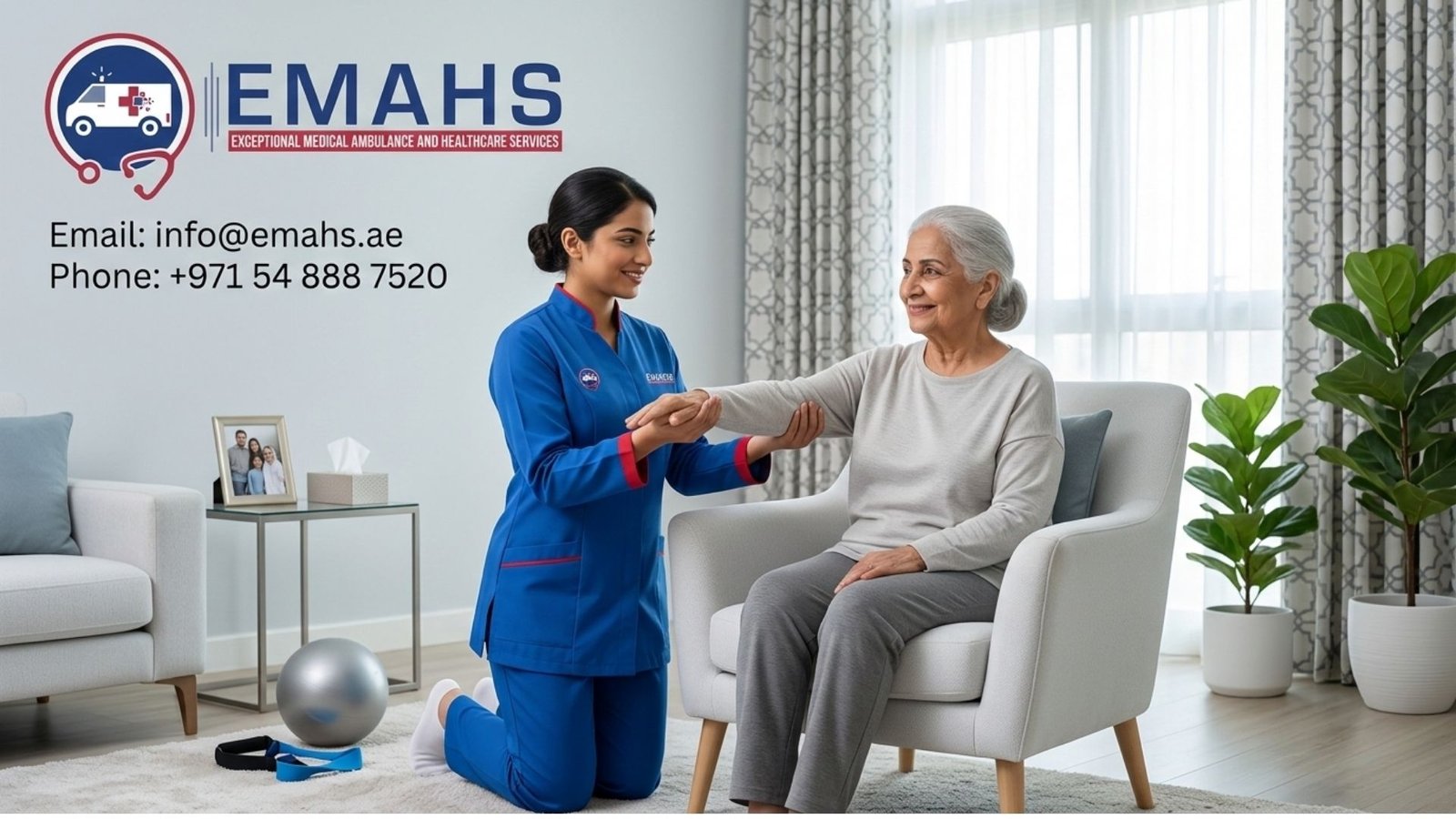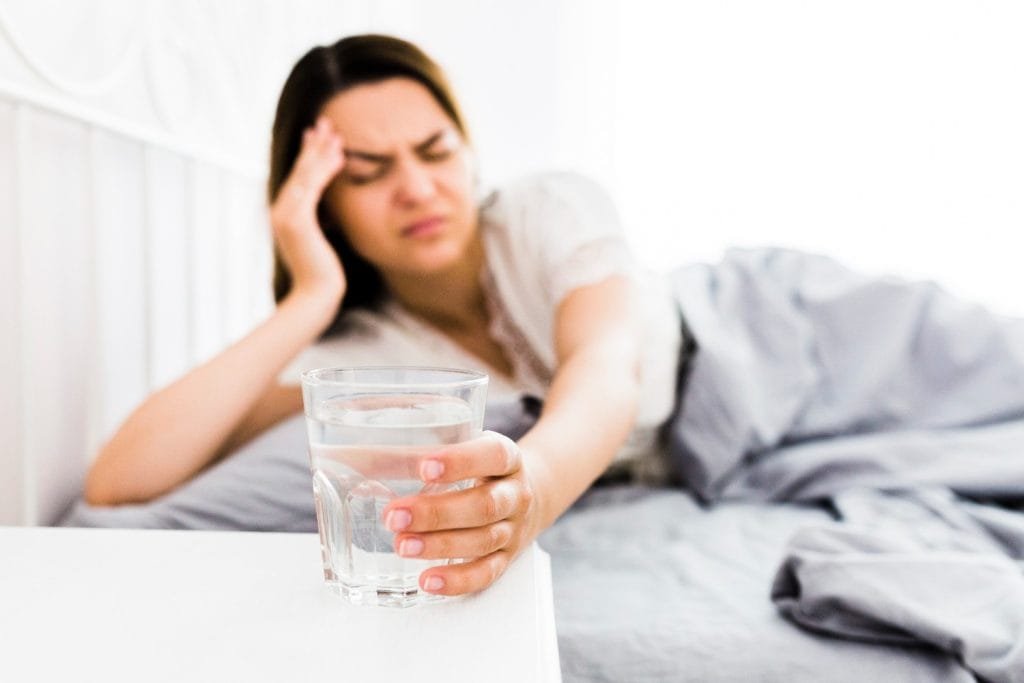Warning Signs of Dehydration: When to Seek Medical Attention with Exceptional Medical Ambulance Healthcare Services (EMAHS)
Dehydration, the lack of adequate fluids in the body, is a common condition that can affect anyone at any time. While mild dehydration can often be addressed by simply drinking more fluids, severe dehydration can be a serious medical emergency.
At Exceptional Medical Ambulance Healthcare Services
(EMAHS), we prioritize your health and well-being. This article explores the warning signs of dehydration, helping you identify when it’s time to seek medical attention and the benefits of having access to on-call doctors and the best home health care services.
Why Does Dehydration Happen?
Our bodies are composed of about 60% water. This water plays a crucial role in various bodily functions, including regulating body temperature, aiding digestion, and transporting nutrients throughout the body. If we don’t drink enough fluids to replace what we lose, we get dehydrated.
Several factors can contribute to dehydration, including:
Warning Signs of Dehydration:
The intensity and type of dehydration symptoms depend on how dehydrated you are. Early signs of mild dehydration include:
As dehydration worsens, the symptoms become more pronounced and may include:
When to Seek Medical Attention:
Early intervention is crucial in managing dehydration effectively. EMAHS offers exceptional services that can help you address dehydration and ensure your well-being:
On-call doctors: EMAHS provides access to experienced and qualified
on-call doctors 24/7. With a simple call, you can receive professional medical advice and guidance on managing dehydration, even from the comfort of your home.
Best home health care services: Dehydration can be particularly challenging for individuals with limited mobility or underlying health conditions. EMAHS offers a wide range of best home health care services, including intravenous (IV) fluid administration and personalized care plans to ensure proper rehydration and recovery at home.
Preventing Dehydration:
The best way to manage dehydration is to prevent it from happening in the first place. Here are some tips to stay hydrated:
EMAHS: Your On-Call Doctor in Health and Hydration
At EMAHS, we are committed to providing exceptional medical care and ensuring your well-being. If you experience any signs of dehydration, don’t hesitate to
contact our team. Our
on-call doctors are available 24/7 to provide medical advice and guidance. We also offer the best home health care services, including
IV fluid administration and
personalized care plans, to help you recover from dehydration comfortably at home.
Remember, dehydration can be a severe condition. By recognizing the warning signs and seeking timely medical attention when needed, you can ensure your health and well-being. Stay hydrated and prioritize your health with
EMAHS by your side.
On-Call Doctor Services
While this article provides valuable information, it is not a substitute for self-medication with a professional
on-call doctor service in the comfort of your home, hotel, or office. For further information on dehydration and personalized recommendations,
contact us
today or chat with our medical team via WhatsApp or our live chat below.






